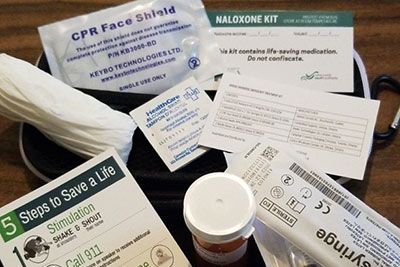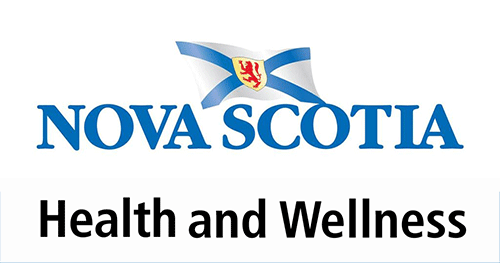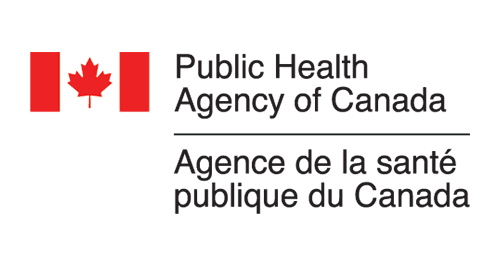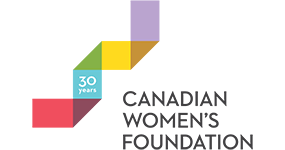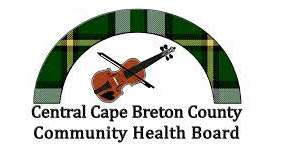Research
Just the Facts
The Ally Centre works to gather research on a number of topics. Below are a list of resources provided wholly or in part by the Ally Centre of Cape Breton.
Ally Center Outreach Street Health Pilot Final ReportOct 1 2020 – Sept 30 2021This is the final report for the Ally Center Outreach Street Health (OSH) demonstration pilot.
|
OSH Ally Centre Evaluation“People like me need people like her”
|
Paths Leading Into and Out of Injection Drug UseThis report describes the experiences of individuals who have used drugs by means of injection at some point in their lives. Attention is directed toward not only their circumstances prior to injecting but also the combinations of conditions that led to either increased or decreased drug usage over time. |
Motives for Meaningful Involvement in Rural AIDS Service OrganizationsThe research described herein was a three-year exploratory descriptive study to examine how meaningful involvement (MIPA) is conceptualized and experienced in rural regions of the Maritime provinces of Canada. |
Social Relationships and Injection Drug Users in Communities across Atlantic Canada (ICAC)This research explores the social relationships of people who use injection drugs (IDUs) in rural and urban Atlantic Canada. |
What Are the Challenges and Opportunities to Reducing the Harms for People Who Use Drugs?We interviewed over 100 injection drug users from across Atlantic Canada, in rural and urban areas. A key finding was that mainstream services (such as emergency rooms and emergency shelters) often do not meet the needs of injection drug users in terms of harm reduction supports (eg. do not provide clean needles). |
Learning About HIV/AIDS in the Meshwork: The Nature and Value of Indigenous Learning Processes in Community-Based HIV/AIDS OrganizationsThe objective of this two-year CIHR funded, community-based research project was to understand both the learning processes of community-based HIV/AIDS organizations and the different ways knowledge flows between these organizations and larger, more formal social institutions. |
Those Who Need the Most Often Receive the Least: A Community Needs AssessmentAfter over two decades of working closely with and alongside the vulnerable population in Cape Breton on numerous issues the Ally Centre took action and invited community partners around one table to explore opportunities for more effectively addressing the health needs of our most vulnerable populations in the Cape Breton Regional Municipality (CBRM). |
Injection Drug Use and Health Care Needs AssessmentsThe objective of the survey described in information release was to better understand health-care practices and needs associated with injection drug use in the Cape Breton Regional Municipality (CBRM). |
Additional Harm Reduction Services in Two Sites in Nova ScotiaThe purpose of this one-year study is to explore what people who use substances (PWUS) and key local stakeholders think about additional harm reduction services in their communities of Halifax and Sydney. We sought to answer questions regarding the advantages or benefits of having additional harm reduction services in the community; where to place additional harm reduction services in the community; and whether there is community support for harm reduction services. |
Reach Nexus | The Atlantic Coast StudyTo understand the experiences of individuals in accessing publicly-funded addiction treatment programs in Atlantic Canada; to understand how the policies and practices of addiction treatment programs act as barriers and/or facilitators to access and retention; and to understand how experiences when accessing or when in a program influence individuals’ drug-using practices. |
Tribute from Janet Bickerton re: Margaret Dechman
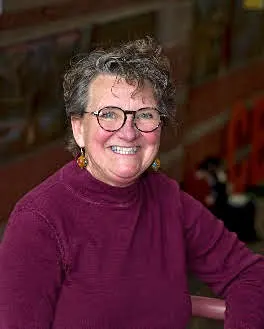 Firstly it is truly an honor to have been asked to make this tribute to my dear friend and colleague Margaret Dechman. I know that many of you here would also consider Margaret to have been a dear friend and colleague and believe me she held you all so fondly in her heart. So thank you for the opportunity to help set up this wonderful tribute – the tribute, that is really the conference itself, and the lecture to follow, that is named for her.
Firstly it is truly an honor to have been asked to make this tribute to my dear friend and colleague Margaret Dechman. I know that many of you here would also consider Margaret to have been a dear friend and colleague and believe me she held you all so fondly in her heart. So thank you for the opportunity to help set up this wonderful tribute – the tribute, that is really the conference itself, and the lecture to follow, that is named for her.
Margaret loved living in Cape Breton. She would joke that what she wanted to be when growing up was either a Newfoundlander or a Cape Bretoner. And that she was so grateful to have ended up living …quote: “among those kind and caring Cape Bretoners in one of the most naturally beautiful places in the world”. For Margaret to think of us this way …warms my heart.
Margaret loved working at CBU. For those of you who knew her well you would know that the path to her Phd was one she would never have repeated. Ultimately finding her way to CBU was for her a breath of fresh air. She felt welcomed, appreciated, and respected. She made strong and lasting friendships. She felt she was in a collaborative and collegial environment that gave her the freedom to be the researcher that she wanted to be. To make a difference.. to be a voice .. for those who have no voice.
We (Christine Porter and myself) met Margaret when she first arrived at CBU. We attended a luncheon that was meant to bring community and university researchers together .. an attempt to create and enhance the connection between the two.. to create the linkages that might result in our local academic researchers working together with community to solve real community problems. It was an immediate fit.. the Ally Center (then the AIDS coalition) gaffled on to Margaret and she gaffled on to us , and our relationship began and evolved over the 10 years she lived and worked here in Cape Breton. She was so eager to understand and so appreciative to be welcomed into people’s lives. Those who are incarcerated, homeless, street involved, living with mental illness and substance use disorder, sex workers. She loved the staff and volunteers at the Ally Center and she loved to spend time with them. She became a trusted and true ally.
The research Margaret led, always in partnership, never putting herself above.. . brought the Ally Center to decision making tables. With our Phd Sociologist by our side we studied, documented, disseminated and advocated for change….. and we did make change. So sad we were just getting started really.
The last research project Margaret was undertaking along with Ally.... one that was just getting going, that she was so excited about, would involve employing at least a dozen people who use drugs and use the services of the Ally Center.. they would become research assistants.. they would get paid, and a decent wage. They would have a real job and a reason to be proud of themselves. This is what truly excited Margaret.
Margaret was a beautiful human being. I think it was mostly the way she would make you feel .. every encounter with Margaret was a good one.. even if the work she was doing was often very heavy and required delving into the saddest and most tragic situations of real, live people. People she came to love. Margaret approached it all with hope, with energy. And she would laugh, and she would ask lots of questions, and she would listen…... very intently. Her daughter Leah told me her mom had a way of listening that made people comfortable enough to share their own stories and opinions. If you had an opinion or belief that was different from her own, her response would often be “now this is interesting!”.
I’d like to finish with some words from her daughters. They miss her so…
Jessica says….
"My mom always saw the best in people. I think this was one of her most amazing qualities. No matter who you were, where you lived, how much money you had, she treated you like a person, and an important person at that.
She always said “you bring out what you see in people” and she truly embodied that quote. It’s hard to describe all the good my mom did, because she did good that no one even knew about.
My mom impacted so many lives through her teaching, her research and just her spirit. I hope we can carry on her legacy by always trying to see the good in others and helping those around us."
And from her daughter Leah….
"I often feel sad at the thought of how much more knowledge, insight, and passion my mom still had to give and how much the world will miss out on… now that she is gone. I hope that her students and all the people she influenced will continue to be a positive force in their communities, academia, or wherever they are. If you ever find yourself in hard times or without any motivation, consider what Margaret would say and I guarantee you it would be something understanding and encouraging."
So …. thank you Margaret…. and if we could raise a glass for her.. of coffee or tea or water…. that would be really lovely. Sláinte.


